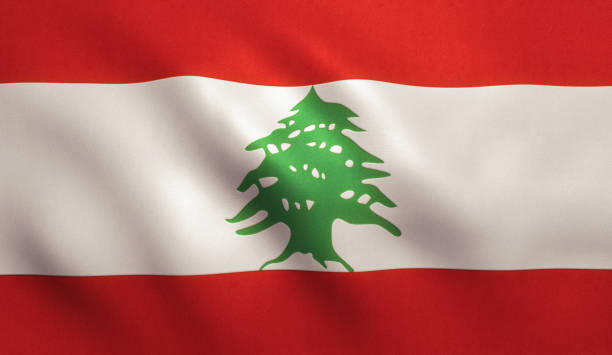
Lebanon Authentic souvenirs: Best buy that you won't miss
Lebanon is a small and beautiful country on the Eastern shore of the Mediterranean Sea. It is located at the meeting point of three continents and, as such, has been the crossroads of many civilizations whose traces may still be seen today.
When it comes to authentic souvenirs from Lebanon, you have a plethora of options that reflect the rich cultural heritage of the country.
These souvenirs not only serve as reminders of your time in Lebanon but also support local artisans and preserve Lebanon’s rich cultural heritage.
Choosing the “best” souvenirs in Lebanon can depend on personal preferences and interests, but here’s a curated list of souvenirs that are widely cherished and represent the essence of Lebanese culture:

Reflecting Lebanon's rich history and culture, mosaic art pieces make for unique and visually stunning souvenirs.
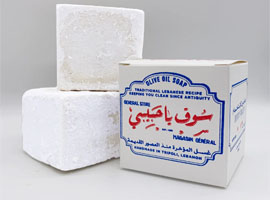
Made from pure olive oil and traditional recipes, Lebanese olive oil soap is renowned for its quality and natural ingredients.
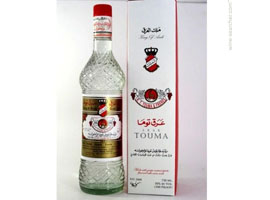
A traditional Lebanese alcoholic beverage made from aniseed and grapes, often presented in beautifully designed bottles.
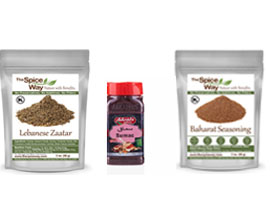
Sumac, za'atar, and baharat are just a few examples of the aromatic spices that are popular in Lebanese cuisine and make for great souvenirs.

Inspired by Lebanon's ancient Phoenician civilization, Phoenician glassware comes in various forms, including vases, bowls, and jewelry.
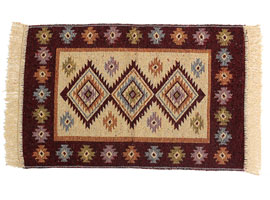
Lebanese rugs and carpets feature intricate designs and vibrant colors, serving as both functional items and works of art.
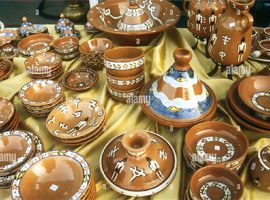
Hand-painted pottery, including plates, bowls, and vases, reflects Lebanon's artistic traditions and makes for beautiful souvenirs.
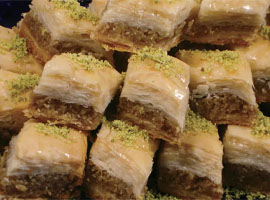
Baklava, ma'amoul, and nougat are just a few examples of the delicious Lebanese sweets that are perfect for bringing a taste of Lebanon back home.
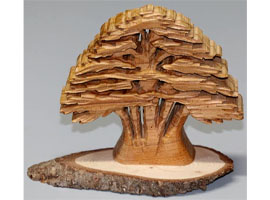
Lebanon's iconic cedar trees are featured in various cedar wood products, such as carvings, boxes, and souvenirs.

Lebanon has a growing wine industry, and bottles of Lebanese wine, especially those from renowned wineries like Chateau Musar, make for excellent souvenirs.

Instruments like the oud (a traditional string instrument) and the darbuka (a type of drum) are symbols of Lebanese music and culture.

Colorful hand-painted tiles featuring traditional Lebanese designs are popular souvenirs that can be used for decoration or as coasters.
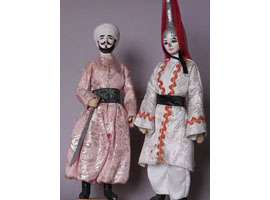
Traditional Lebanese clothing items, such as the thawb (a long robe worn by men) or the kaftan (a long tunic worn by women), make for unique and culturally significant souvenirs.

Woven from natural materials like palm leaves or straw, Lebanese baskets come in various shapes and sizes and are both practical and decorative.
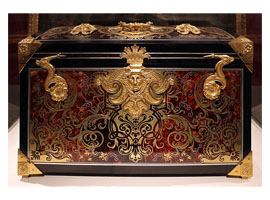
Marquetry, the art of decorating surfaces with intricate patterns using veneers of wood, is a traditional craft in Lebanon and produces stunning pieces like boxes and trays.

Complete with ornate cups, saucers, and a dallah (coffee pot), traditional Lebanese coffee sets are both functional and decorative, perfect for serving coffee in style.
Travel Advice and Tips for Lebanon: Beirut is the Capital City of Lebanon
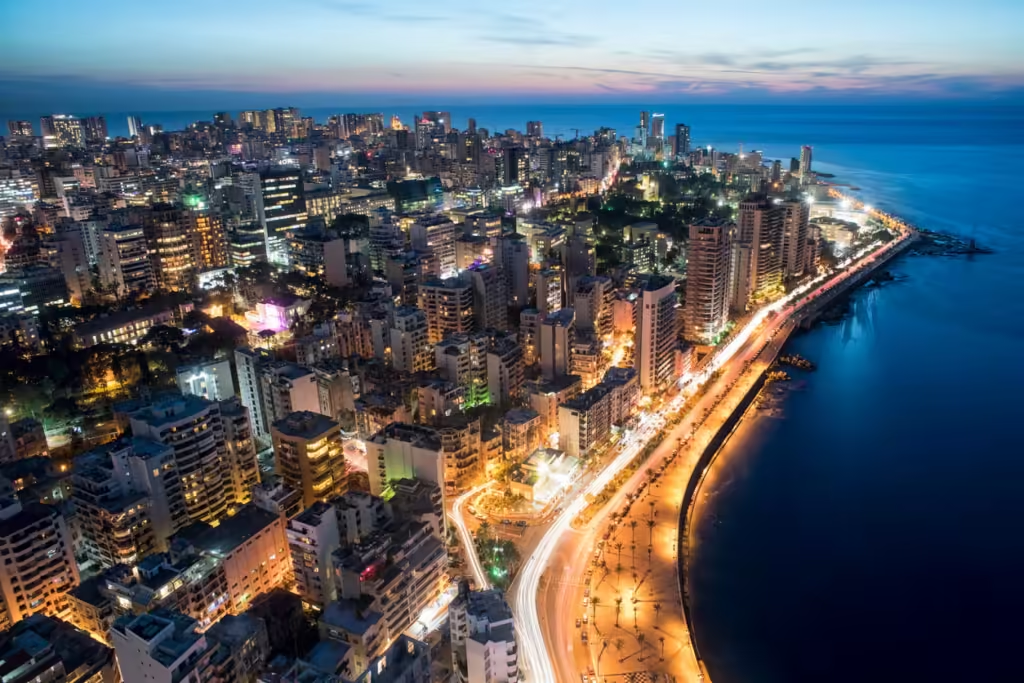
Beirut is the capital city of Lebanon and located on a peninsula at the midpoint of its Mediterranean coast. Beirut is the country’s largest and main seaport and is one of the oldest cities in the world, inhabited more than 5,000 years ago.
Lebanon is a country in the East Mediterranean. It is bordered by Syria to the north and east and Palestine occupied territories to the south. Lebanon’s location at the crossroads of the Mediterranean Basin and the Arabian hinterland.
Traveling to Lebanon can be an enriching and memorable experience, but like any destination, it’s important to be prepared and informed.
By staying informed, respecting local customs, and exercising common sense, you can have a safe and enjoyable trip to Lebanon.
Here are some travel advice and tips for visiting Lebanon:
- Before planning your trip, check the latest travel advisories and safety information from your government or reputable sources like the U.S. Department of State or the UK Foreign, Commonwealth & Development Office.
- Arabic is the official language of Lebanon, but English and French are also widely spoken, especially in tourist areas and major cities.
- Lebanon is a diverse and culturally rich country with a mix of religions and traditions. Respect local customs and traditions, dress modestly when visiting religious sites, and be mindful of cultural sensitivities.
- Public transportation in Lebanon includes buses, taxis, and shared vans known as "service" or "van". Renting a car is also an option, but be prepared for chaotic traffic and aggressive driving habits.
- Despite any challenges, Lebanon offers a wealth of history, culture, and natural beauty waiting to be explored. Embrace the adventure, immerse yourself in the local culture, and create lasting memories during your visit to this fascinating country.
When shopping for clothing and shoes in Lebanon, note that size markings may differ from other countries. Utilize a size converter to ensure a proper fit for your purchases.
